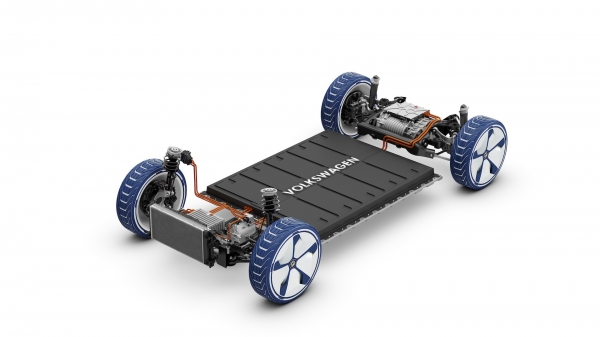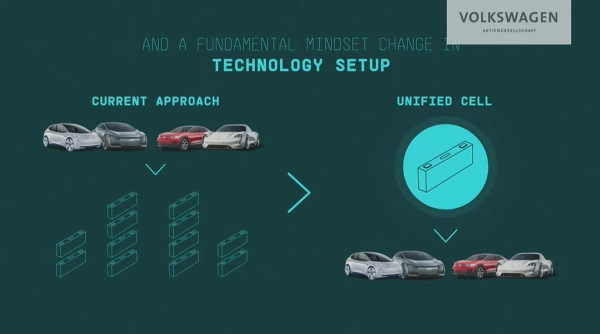
South Korean battery maker Samsung SDI has won an order from Germany’s Volkswagen to contract manufacture its electric vehicle batteries, TheElec has learned.
Samsung SDI to will be handling some portion of the production of Unified Prismatic Cell, Volkswagen’s self-designed batteries, people familiar with the matter said.
However, it is yet unknown whether the South Korean company is the sole contract producer for the batteries.
China’s Gotion High-Tech, which Volkswagen is the largest shareholder, and Sweden’s Northvolt, which the German car giant also has a stake in, could also take part in contract production.
It is likely that Samsung SDI will be more than just a contract manufacture. Volkswagen will likely give the specs and functions it wants from its Unified Prismatic Cell to Samsung SDI, and the latter will design and manufacture them.
This will be similar to how Tesla gave the work of base designs for its autonomous vehicle SoC to Samsung Electronics.
The deal with Volkswagen will give Samsung SDI a chance to add a stable revenue source.
The German autogiant is the South Korean firm’s largest customer for EV batteries, accounting for over half of its sales from the business, or around 5 trillion won.
BMW accounts for up to 30% of Samsung SDI’s EV battery sales and Stellantis up to 20%.
EV Startup Rivian’s sales portion for the South Korean is also expected to increase going forward.
Samsung SDI will be providing Volkswagen with large batteries like prismatic types, while it will be supplying BMW and Rivian with small batteries like cylinder types.
Cylinder batteries are seeing increased uptake thanks Tesla using them in its car models. Samsung SDI is also co-developing next-generation cylinder batteries with BMW.
Meanwhile, Volkswagen had said it plans to build six battery cell factories in Europe by 2030 for a production capacity of 240GWh. It is planning to apply its Unified Prismatic Cells starting in 2023. The cell will be applied to 80% of its total EV models by 2030, while Volkswagen will aim to reduce manufacturing cost of the batteries by 50% over the same time period.


